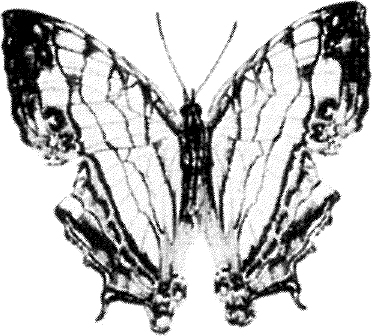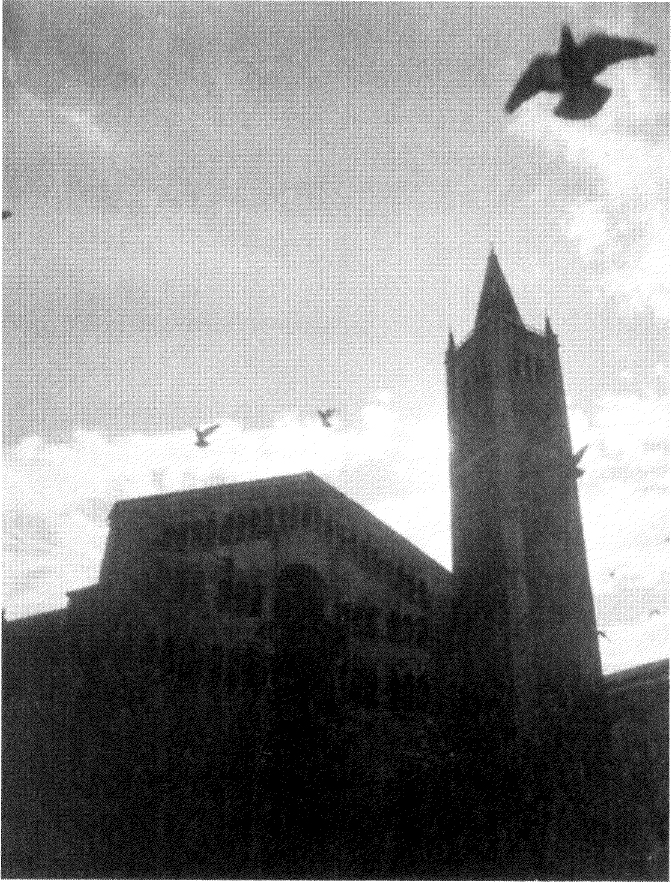

Can’t you skip it? What does it mean, a distinction between a language to live in and a language for living?
For me, the first encompasses silence and unknowability—the unutterable, the wish to accept words’ limits. The latter works for action, for politics, for thinking out loud, for most art, for consistency, for reason.
What are you getting at? Why this diversion?
For me, the plummet into the unspoken had been something like prayer, private, internal, but infinite like sky. It was universal. Moving to Italy, the unspoken was disturbed and replaced by an endless language: English, the lost, beloved, kept inside. Unused in an essential way, English altered into memory, imagination, buried silences. Over the years in the every day, the wish for exchange in English as the language for living, to make it revive its richness, aggravated a realization that it might never come. In some ways, English became a progressive blindness and deafness.
Do you believe all that?
Admitting the loss was like watching a gorgeous indestructible bridge snapping. I had walked on it since the day I was born, and now I let it go. Of course, it was an idea, an interpretation, and nothing is ever really lost. But the bridge fell, once and for all.
Where did that leave you?
Isn’t it obvious? Without the bridge. Devastated, uncertain, but not done in. You need another one. Maybe not a bridge. Maybe a rope, some twigs. Maybe you’ll swim. But living without the bridge breaks up what barred you from believing you could not reach another. You surrender a few books; grow more human. You realize you weren’t in all books anyway. You crawl. Aesthetics won’t be enough. Politics don’t work. Sex needs space. You love adventure. You know you will suffocate and die if you always work comparatively. You’re forced to accept complexity and solitude as barely the beginning. Understanding chaos is elemental in a writer’s journey; the new language gets stripped to clear, simple, and true—to cold, to lovely. Your heart cries out as it opens an inch.
And women?
Once you know that you are without a bridge—that what’s been lived can only come back as memory, through someone’s mind—women can start from anywhere in a language. Even from down on bruised, angry, inflamed knees scrubbing. Living has been so underwritten. The bits and pieces, the felt, the buried, the magical, the sacred, the intellectual, the molting, the courage that has no sum will come out from the gaps, the rubbish, the sand piles they are trying to forget and throw away. Memory is personal and collective. It’s unmeasurable how much has been lived and is just waiting to be told.
What are you saying?
There’s no going back. I crossed on a bridge that others built; English carried me, but it no longer exists for daily traffic. What I wish to give is different from a long story of how I got there. But it may have to be told first.
Do you remember the first butterfly?
Of course, but I can’t always keep it in mind. It’s not that I forget. But it doesn’t fit in. It is nearly impossible to always remember it. It’s too beautiful. It doesn’t refer to words.
Tell it.
It was not much bigger than a cornflake. I let it land and enjoyed that. It stopped on my shoulder. It was May and sunny in Parma. I talked with the postman, and after a few minutes brushed it off.
This is the thing about facts. These are not strange. Who would ever guess?
It followed me into the house. I’d left the door open, because the phone was ringing. You know the rest.
It came in, flew down the hall. It plunged suddenly to the ground. You knelt and it flew into your palm.
Language to live in feeds and changes you, if you fall toward it.
It opened its wings. It stayed on your palm.
The orange-and-black butterfly walked my palm on what would have been my son’s tenth birthday. My desert heart felt the first scalding drops of rain. The language we use for living is our own. The butterfly flew from a further corner: a myth of greater light.

